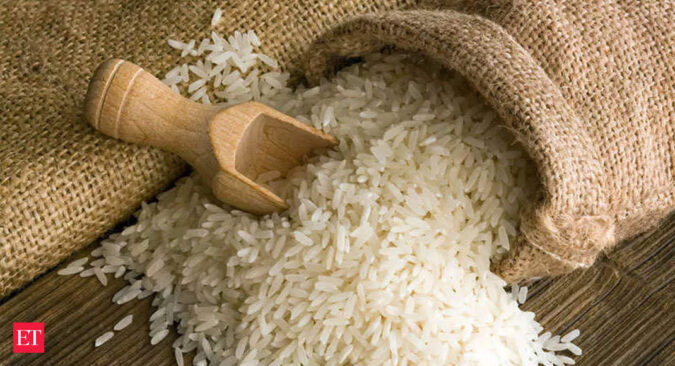Pakistan is looking for a possibility of having a joint GI tag recognition of its basmati rice, but this is contrary to the convention since there have been no cases of cross-border GI tags for the same product, they said.
India accounts for 70% of the world’s basmati rice supply.
In order to ensure supply of standardised genuine basmati rice in domestic and export markets, the Food Safety and Standards Authority of India has notified regulatory standards after extensive consultations. So far India has 34 identified varieties of basmati rice, including Dehraduni basmati, Punjab basmati, Kasturi, Mahi Sugandha and Pusa basmati.
The pretext of denial of GI tag for Indian basmati rice by Australia is contrary to the standard principles of awarding the tag, said the people cited earlier. Australian authorities erred in insisting and interpreting about the non-existence of any special characteristics in basmati rice that distinguished its certification from other rice goods, they said.
India’s Agricultural and Processed Food Products Export Development Authority certifies basmati and distinguishes it from uncertified rice goods.
“Australia contends that rice growers outside of India have an equally valid claim to use the term ‘basmati’. The interpretation of the reputation of GI products by Australian authorities is the thinking of the new world,” said S Chandrasekaran, an expert in GI and author of ‘Basmati Rice: The Natural History of Geographical Indication’.The Australian government’s decision not to grant GI tag to Indian basmati rice can also be described as an attempt to politicise traditional issues for gaining strategic leverage, said other experts. Unscrupulous producers or distributors may be tempted to increase profits by mislabelling rice grown outside the basmati growing region and passing it off as basmati rice, they said.
The authentication of geographical origin of basmati rice is, therefore, of high importance for the entire supply chain, they said, adding that Indian basmati rice deserves the GI tag for its special characteristics. A legal gap exists between the kinds of protections granted by existing intellectual property law and traditional knowledge, they said.
There has been limited success in the efforts to cultivate basmati rice outside of South Asia because of the need for many geographically specific conditions and farming practices. Across the globe Indian restaurants and basmati rice are inseparable, whether they are managed by Indians or Pakistanis or Bangladeshis.
Rahul Govind, a partner at illuminIP, a law firm in Delhi, said India was very late in filing the trademark application. “This should have been done a long time ago,” he said, citing the case of US’ RiceTec which was granted the patent on the basis of aroma, elongation of the grain on cooking and chalkiness.
The Indian government filed scientific evidence to the US Patents and Trademarks Office, clarifying that high quality basmati rice already possesses these characteristics.
